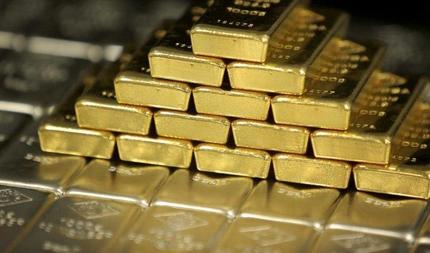Global official gold reserves increased by 14.2t in December according to data released by the IMF. Healthy purchases from Turkey and Uzbekistan lifted gross purchases during the month. This marked the tenth monthly purchases for 2021.
Gross purchases were dominated by three central banks. Turkey purchased 10.1t in December, taking its gold reserves to 394.2t. Uzbekistan added 8.4t during the month after a sale of 21.5t during November. Such purchases and sales are common for Uzbekistan due to its active management of gold reserves, something we’ve highlighted previously. India purchased an additional 3.7t during December taking its total gold reserves to 754.1t by the end of the year. India’s gold reserves increased by 77.5t in 2021, the biggest increase since 2009 when it bought 200t from the IMF. Kyrgyz Republic (1.1t), Czech Republic (0.4t) and Ukraine (0.3t) were also notable purchasers during the month.
Gross sales in December were concentrated among a small group of central banks: Kazakhstan (-4.8t), Sri Lanka (-3.6t) and Poland (-1.6t). Sri Lanka’s sale represented around half its gold reserves and was done to help bolster the liquidity of its foreign reserves, which had hit a 12-year low in November. However, the door was left open to future gold purchases when foreign reserves have increased.
The broad range of buying in 2021 has shown there is still significant appetite for gold as a reserve asset. While demand from central banks can, at times, be less predictable than other sources of gold demand – given it is often policy rather than market driven – we remain confident that the overall trend of net buying will continue into 2022.












